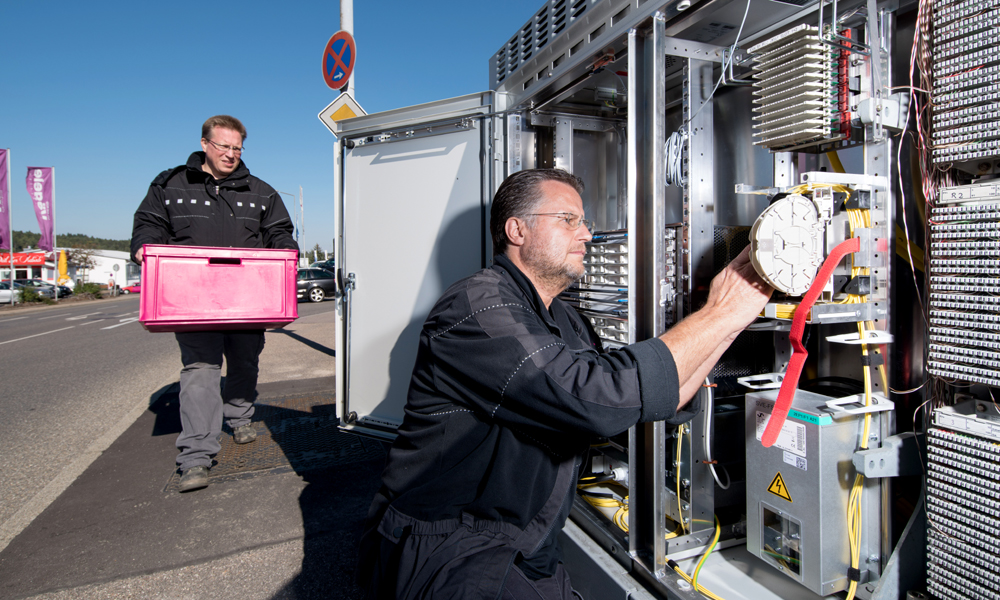Traditional ICT outsourcing has become tired and irrelevant in the digital era. Characterised by inflexible structures, high risk to clients, and low cost transparency, the current structure of outsourcing contracts is stifling clients’ ability to transform. To address this, T-Systems has released a bold new contracting model that crushes industry-accepted norms, and forever changes the way that ICT outsourcing partnerships are managed.
Known as un-outsourcing, this approach involves low-commitment, flexible partnerships and guaranteed cost savings, built on the foundations of trust and accountability.
“Previously, when it came to large IT outsourcing relationships, customers would shoulder the majority of the risk including project delays, budget overruns, or critical system outages,” explains Managing Director of T-Systems South Africa, Gert Schoonbee. “Un-outsourcing radically changes this dynamic. We are promising our clients that after a six month hypercare period, they are free to run on satisfaction, and terminate contracts if ever they are unhappy with the service.”
Says Mpumi Nhlapo, Head IT Portfolio and Solution Sales, “This new style of partnership shakes up the IT outsourcing landscape. We realised we needed to take bold steps to enable our clients’ rapid evolution towards new digital business models.”
Un-outsourcing becomes the foundational principle on which all engagements will be formed. It manifests in T-Systems offerings like Cloudifer and Cloud Readiness Assessments. Over the coming months, all existing client contracts will be moved to the un-outsourcing model.
Schoonbee says that with over a decade of experience in running mission-critical Cloud environments for massive multinationals and public sector organisations, T-Systems has strong faith in its ability to make un-outsourcing a success.
“When it comes to far-reaching digitisation and cloud conversations, many firms are still holding back to some extent. This hesitancy stems from not knowing clearly the costs and the expected returns, feeling bewildered by the jungle of technology options, and fears of becoming locked-in to one service provider.”
Nhlapo adds that T-Systems is allaying these fears by introducing un-outsourcing, and breaking away from complex multi-year contracts. In un-outsourcing, the engagement is elevated to a new level, where incentives are all aligned to ensuring true business value is delivered, and the risks of transformation are minimised.
T-Systems in South Africa is part of the Deutsche Telekom group of companies, which puts the company in a unique position to combine information technology and telecommunications into replicable, cost effective solutions. Since its inception in South Africa in 1997, T-Systems has cemented its position as one of the most successful companies in the group outside of Europe. T-Systems South Africa employs between 1,000 and 1,500 professionals. The head office is located in Midrand, Gauteng, with a second major office in Cape Town and several representative offices in locations throughout South Africa.
Click below to share this article

